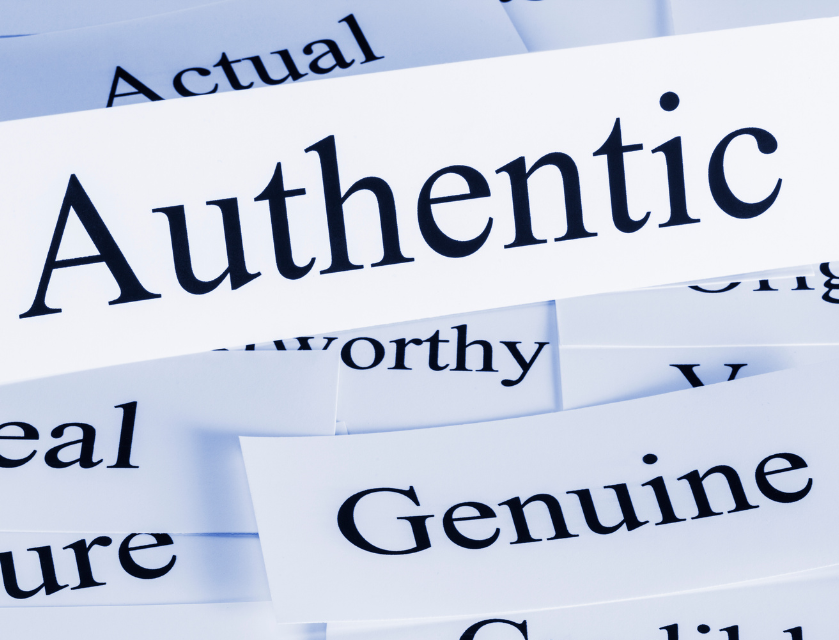In today’s competitive job market, hard skills and technical abilities are no longer the sole components of an individual’s employability. Soft skills have emerged as a critical factor in determining a candidate’s potential for success in the workplace. The World Economic Forum’s Future of Jobs Report highlights that 92% of talent professionals and hiring managers believe that soft skills are equally important as hard skills. In response, employers increasingly prioritize candidates with strong adaptability, communication, and collaboration abilities.
As businesses navigate the challenges posed by technological advancements, globalization, and a rapidly changing work environment, an emphasis on cultivating these interpersonal skills is crucial for driving organizational success.
Emotional intelligence as a key soft skill
Emotional intelligence (EI) plays a pivotal role in soft skills, as it is directly linked to an individual’s ability to understand and manage emotions and interact effectively with coworkers, customers, and stakeholders. EI is the foundation of empathy, self-awareness, and integrity, all of which are essential for employees to forge positive working relationships and contribute to a cohesive and productive work environment. Research has shown that employees with high EI are better problem-solvers, have strong leadership qualities, and are less susceptible to stress, making them invaluable assets to organizations across sectors.
How an AI digital assistant can help in identifying emotional intelligence
Artificial intelligence (AI) platforms can provide innovative solutions to screen and select potential hires for emotional intelligence, ensuring that suitable candidates are not overlooked due to a narrow focus on technical skills. These digital assistants use AI algorithms to analyze verbal and written responses given by applicants during the hiring process, assessing them for qualities indicative of high EI, such as adaptability, empathy, and effective collaboration.
Additionally, these tools can save hiring managers time and effort by efficiently sifting through many applications to establish a shortlist of strong candidates, fostering a more diverse and psychologically aware pool of potential employees.
The impact of emotional intelligence on the workplace
The evolving workplace landscape in today’s business world has amplified the importance of soft skills, with emotional intelligence (EI) emerging as a crucial factor for professional success. As the work environment becomes increasingly cooperative and diverse, individuals with high levels of emotional intelligence are being sought after by employers across industries. This rapid shift is shaping the way job seekers and recruiters prioritize acquiring and assessing soft skills. In this article, we will delve into the vital role that emotional intelligence plays within the workplace and why it is more important than ever for businesses to prioritize the development of their employees.
One of the most significant ways that emotional intelligence impacts the workplace is through improved communication and collaboration. In essence, EI is the ability to identify, comprehend, and manage one’s emotions and those of others. Individuals with high EI are better equipped to express their thoughts and feelings effectively, empathize with their coworkers, and easily navigate interpersonal relationships. This translates into a more productive, harmonious, and innovative work environment where team members can effectively collaborate toward a shared goal. In fact, a study conducted by the Harvard Business Review found that emotional intelligence was the strongest predictor of workplace performance, accounting for 58% of success across various job types.
Another crucial aspect of emotional intelligence is its influence on conflict resolution and problem-solving abilities. Conflict is inevitable in any working environment, driven by varied perspectives and priorities among team members. However, individuals with high emotional intelligence possess the skills required to prevent or minimize unproductive conflict, while still fostering a culture of open dialogue and constructive criticism. They are able to remain calm under pressure, effectively mediate disagreements, and take proactive measures to restore a positive working atmosphere. As a direct result, teams with emotionally intelligent members are more adaptive and agile in addressing challenges, ensuring the longevity and success of a business.
Integrating emotional intelligence assessment into the hiring process
To identify candidates with high EI, the first step in the hiring process should be revising job descriptions to highlight the importance of emotional intelligence. By emphasizing soft skills on par with technical expertise, companies can attract candidates who are not only experts in their fields but also possess the ability to read, understand, and manage emotions. Ensuring that job descriptions specify the need for strong communication, empathy, adaptability, and self-awareness can help potential candidates understand what is expected from them, enabling more informed applications and targeted recruitment.
Once job descriptions have been revised, utilizing cutting-edge technologies to pre-screen and identify candidates with high emotional intelligence is essential. AI-driven software solutions can help companies deal with many candidates, screen resumes, and shortlist potential hires based on their soft skills. Such tools use big data and machine learning algorithms to analyze and predict candidates’ cognitive and emotional abilities, ensuring that those shortlisted for the interview stage are more likely to be a great fit for the required role.
Finally, structuring the interview process to test for soft skills and emotional intelligence is paramount. Traditional interviews often center on candidates’ technical abilities but need to provide insight into their emotions, communication style, or problem-solving abilities. Modifying the interview process to include behavioral questions, situational analyses, and group exercises can help recruiters understand how candidates react under pressure, work in teams, and tackle conflicts. This provides a holistic understanding of their emotional intelligence and an assessment of their suitability for the job.
Final Thoughts
The importance of emotional intelligence in the modern workforce cannot be overstated. In fact, studies have shown that emotionally intelligent employees are more likely to excel in their roles and have greater job satisfaction. This is because they’re better equipped to handle conflict, solve problems, and effectively collaborate with others—all skills essential for success in the workplace. Hiring for emotional intelligence can also help reduce turnover and create a culture of diversity and inclusion.
Chattr simplifies the screening process for emotional intelligence by leveraging AI-powered algorithms that analyze applicant answers to understand their motivations and emotions to determine if they’ll fit into the company culture. Chattr also automates scheduling interviews with candidates who meet certain criteria so that employers can quickly identify top talent without sacrificing quality or efficiency.
Prioritizing emotional intelligence when hiring will lead to long-term benefits for any organization, as research has shown that these individuals are more likely to stay longer with companies where they feel valued and respected. Additionally, this hiring strategy has been found to increase employee job satisfaction while reducing turnover rates due to increased engagement and productivity. Ultimately, by leveraging an automated end-to-end hiring software like Chattr, employers can simplify hiring while creating a stronger team dynamic through talent acquisition strategies focused on emotional intelligence.



